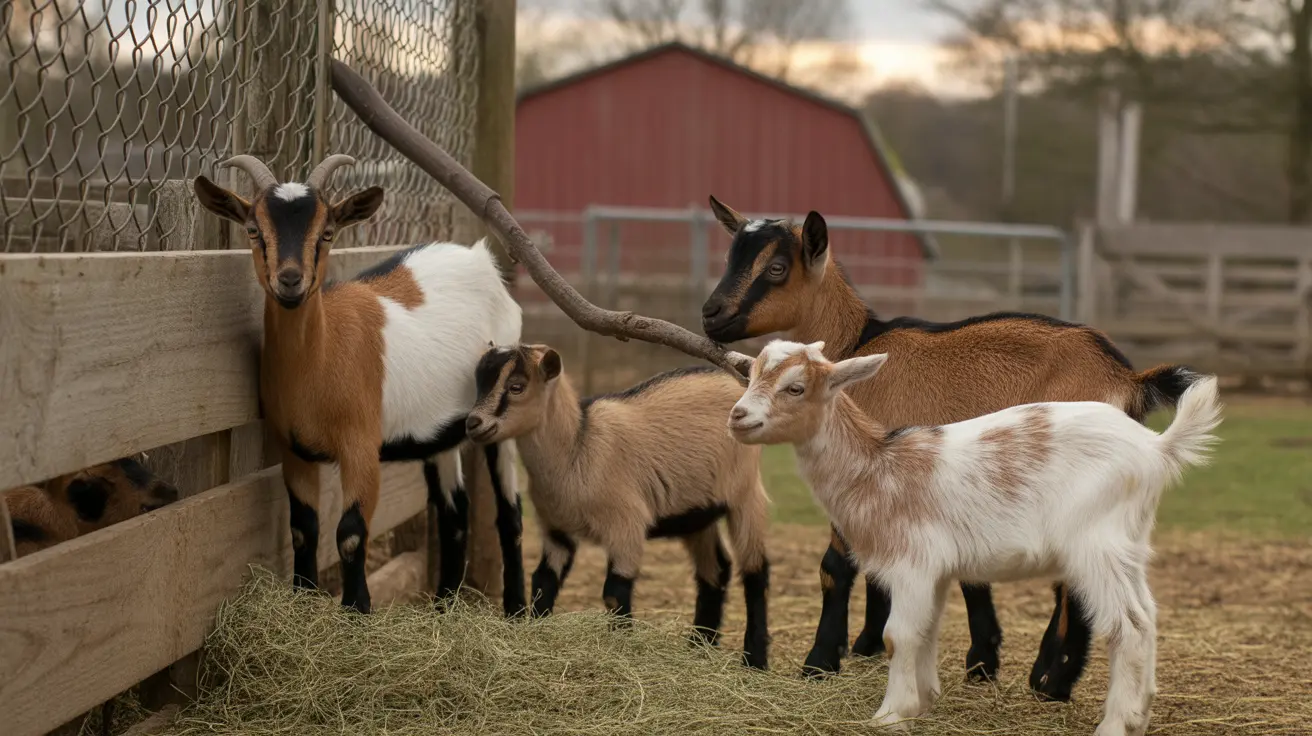In a surprising development affecting Long Island's beloved wildlife facility, Brookhaven Town has declined an offer from Humane Long Island to relocate over 100 animals from the Holtsville Ecology Site to sanctuaries at no cost. This decision comes amid ongoing discussions about the future of the facility and raises important questions about municipal animal care facilities.
The rejection of this free relocation offer has sparked conversations among local residents and animal welfare advocates about the fate of the facility's resident animals and the broader implications for community-based wildlife centers.
Current Situation at the Holtsville Ecology Site
The Holtsville Ecology Site, which has long served as both an educational resource and animal refuge, currently houses more than 100 animals. The facility has been an important part of the local community, providing residents with opportunities to learn about wildlife and animal care.
Animal Welfare Considerations
The offer from Humane Long Island represented a significant opportunity to transition the animals to accredited wildlife sanctuaries. Sanctuaries typically provide:
- Larger living spaces
- Specialized care programs
- Natural habitat environments
- Permanent lifetime care
Municipal Animal Refuge Challenges
Operating a municipal zoo facility comes with considerable responsibilities and costs. These include:
- Daily animal care and feeding
- Veterinary services
- Facility maintenance
- Staff training and supervision
- Compliance with animal welfare regulations
Public Animal Facility Standards
Municipal facilities must meet specific standards for animal care, including:
- Regular health inspections
- Proper housing conditions
- Appropriate nutrition programs
- Environmental enrichment
- Safety protocols
Community Impact and Concerns
The situation at the Holtsville Ecology Site highlights the complex relationship between local government facilities and animal welfare organizations. While municipal facilities serve important educational and community roles, sanctuaries often provide specialized environments focused solely on animal welfare.
Frequently Asked Questions
Why did Brookhaven Town reject Humane Long Island's offer to relocate the animals for free?
Based on the available information, the specific reasoning behind Brookhaven Town's decision has not been detailed. Municipal decisions often involve multiple factors including administrative, legal, and operational considerations.
What are the main differences between municipal zoos and animal sanctuaries?
While municipal zoos typically focus on education and public display, sanctuaries prioritize providing natural habitats and lifetime care for animals. Sanctuaries usually offer larger spaces and more specialized care programs, with less emphasis on public viewing.
How can community members support animal welfare in such situations?
Community members can:
- Stay informed about local facility conditions
- Attend public meetings about animal care decisions
- Support accredited animal welfare organizations
- Advocate for high standards of animal care in public facilities
Looking Forward
The situation at the Holtsville Ecology Site represents an important moment for discussing the future of municipal animal facilities and the role of sanctuaries in animal care. While the town's decision to decline the relocation offer stands, it highlights the ongoing dialogue about best practices in animal welfare and community resource management.
As this situation continues to develop, it serves as a reminder of the importance of maintaining high standards in animal care facilities and the need for collaborative approaches between municipal authorities and animal welfare organizations.






